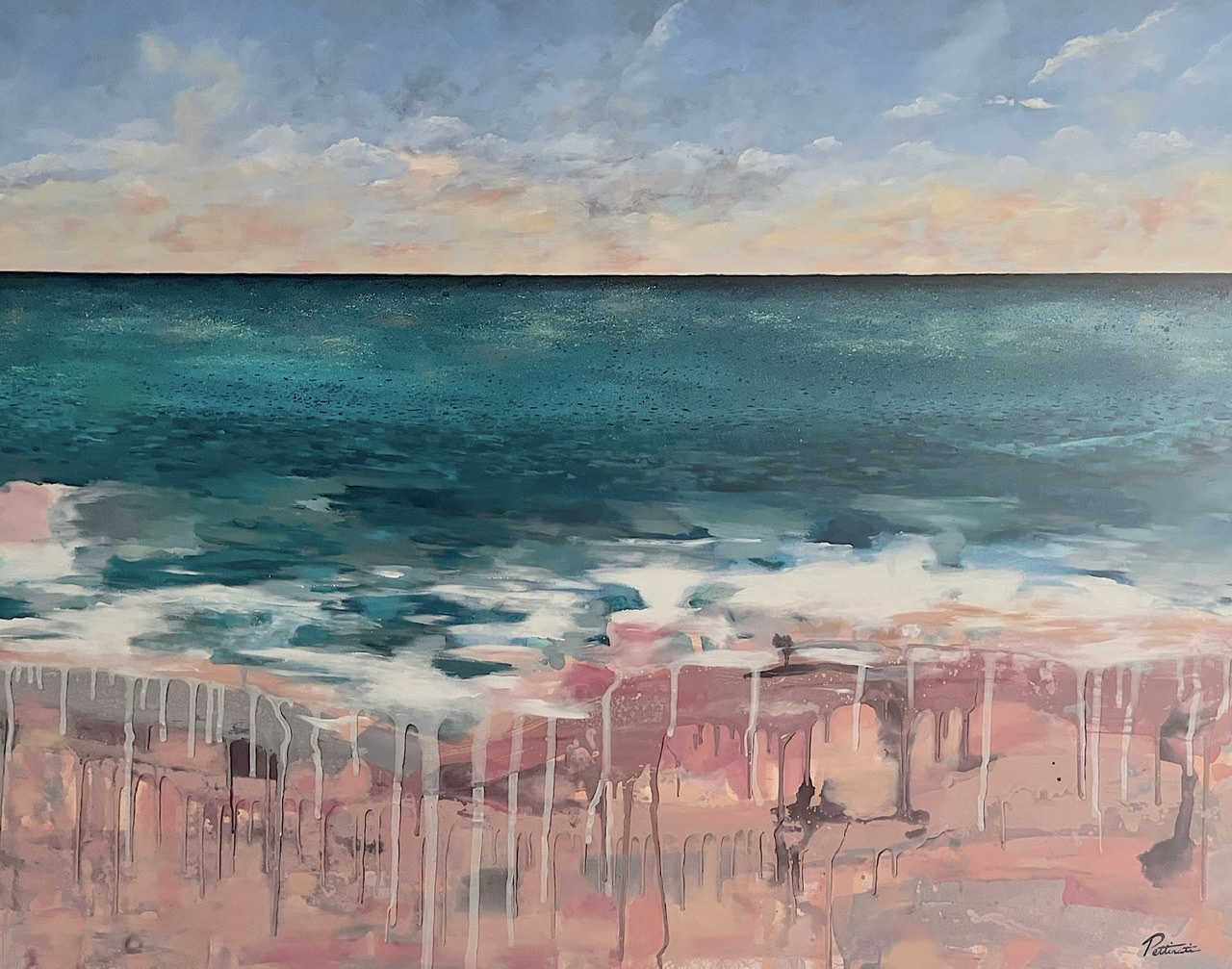Yesterday was our first day of post-Covid Lockdown. It was also summer solstice in the northern hemisphere that signifies the bounty of the harvest; and so it seems fitting that now is it is over, I harvest what is left of my Lockdown bounty. Since I went back to work full time three weeks ago, the luxury of pottering in the garden has become a thing of the past. The wilted potato shoots, faded tomato plants, shrivelled beans, the sorry looking mint and basil are all testament of my recent neglect. Only the rosemary stood strong in the drought that ensued when I ceased my daily watering routine. My compost heap has also flourished. I empty thirteen potted potato plants out of their containers, and rescue nine tiny potatoes. D and I do the math: 13 sprouting potatoes + potting soil + (daily watering x 60 days) = 9 tiny spuds. The economy of scale does not look promising. Perhaps I am no gardener after all. 🤔
I am about to lose hope, when I pass the coconut nursery that was nurtured throughout lockdown. A row of coconuts, half buried in the sand, have sat in place day after day, stubbornly doing nothing. Then, today, I spy a shoot. I rejoice: all is not lost! Lockdown has supplied me with the beginnings of a majestic palm! Okay, okay, so it is only a tip, no more than an inch tall, but it is something. And right now, I really need …something.
Post-Lockdown isn’t all it’s cracked up to be. All this waiting for the Big Return, and now it’s here, it is so anticlimactic. It’s like back to normal, but without the income. I know that so many people are in the same boat, so it seems like a good time to discuss the importance of money. I have a friend, called Georgina Loxton, who is an incredibly talented wealth management advisor, and she says that money is actually about feelings and goals and dreams and fears. She asks ‘Why is talking about money so hard?’ Maybe now is a really good time to start having that difficult conversation with ourselves.
I watch a video that explains that our relationship with money has changed over the years. In 1967, a survey asked people if they consider being financially very well off to be important to happiness. 40% said it was. The same people were asked if to develop a meaningful philosophy on life was important to be being happy, and 87% said it was. When the survey was repeated in 2005, it flipped: 70% said being financially well off brought happiness, yet only 50% said that to develop a meaningful philosophy on life mattered.
Another study, by a psychologist called Ed Diener, ventures deeper to find the correlation between life satisfaction and money. A variety of measures decipher if a person was happy and this was plotted in a chart against their annual income. The results were shockingly haphazard, with a very low correlation, to imply there was almost no connection between a sense of happiness being derived from money earned.
The basic data for that study was taken from all over the globe, and so it was also possible to compare different countries; which formed an interesting pattern to show the correlation across life satisfaction and family income. The outcome was that it matters whether you live in a poor nation or a wealthy nation. If you’re in a poor nation, it is true that as your income goes up, your life satisfaction goes up. And that’s presumably because if you’re incredibly poor, you’re not actually getting your basic needs even met. But if you live in a wealthy nation, like we do, there’s no correlation. It does seem as if money has an impact on happiness, but it depends where you live, being mostly driven by poor nations, for whom the income bump mean getting access to things like clean water, food, shelter and basic healthcare. The study shows that, for most of us, money doesn’t matter, and it seems like once you get your basic needs, getting extra money is not going to help us an awful lot.
David Myers wrote a book “The American Paradox” that says that we’re living in this paradox which he nicely articulates
“Compared with their grandparents, today’s young adults have grown up with much more affluence, slightly less happiness, and in fact a much greater risk of depression and all kinds of social pathology.”
David Myers
He states this is a paradox, because becoming much better over the last four decades hasn’t been accompanied by one iota of increased subjective well-being. All this extra wealth that we’re getting, it’s not actually making us much happier, and that we should recognise this as an ambiguity. Should we not also recognise this as an alarm bell?! 🚨
Will the Covid Age be the leveller that pulls us out of the paradox? Will Post Lockdown life be the time for us to realise we already have enough, we don’t need more, and now is the time to focus on what really makes us happy?




